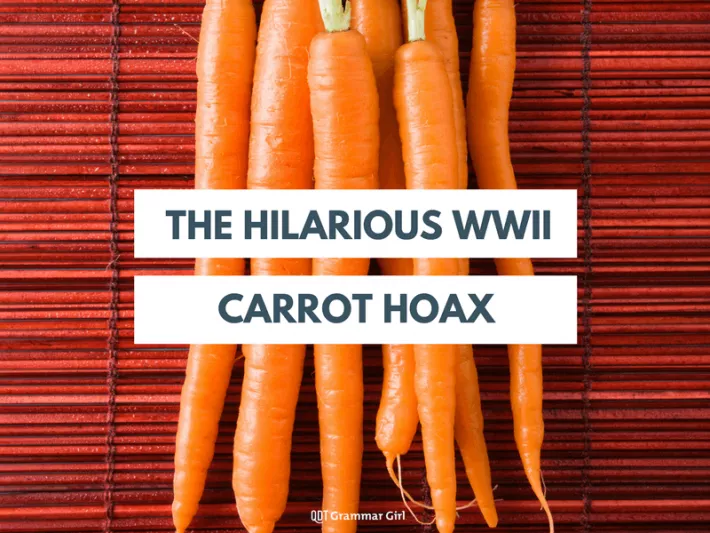The “mis-“ prefix and the “dis-“ prefix can both negate things in a lot of ways, and they have taken on different meanings in “misinformation” and “disinformation.”
‘Misinformation’
The "mis-" prefix can mean “wrong,” “mistaken,” “badly,” or just negate the meaning that follows. Misinformation is information that is incorrect, but the word is meant to carry a connotation that the bad advice was given without malice. Here’s an example from the novel “Jonathan Strange & Mr. Norrell":
“Besides,” said Mr Norrell, “I really have no desire to write reviews of other people's books. Modern publications upon magic are the most pernicious things in the world, full of misinformation and wrong opinions.”
And another example in advice from the Irish writer William Trevor:
“I have never believed in the axiom that a writer should first and foremost write about what he knows. I think it’s a piece of misinformation.”
Another example of a word that uses the “mis-” prefix to describe an unintentional error is "misspeak."
‘Disinformation’
I was surprised to learn that "disinformation" came to English from the Russian word "dezinformatsiya" and refers to false information that is deliberately intended to mislead, especially when it is distributed to other countries.
Here’s an example from Ben Goldacre’s book “Bad Science”:
"Carrots were the source of one of the great disinformation coups of World War II.”
Yes, carrots. And this story sounded too good to be true, but I looked it up and “Smithsonian Magazine” and Snopes both have it too. Apparently, the British Royal Air Force was using a new type of radar in 1939, but they wanted to keep it secret, and the Germans were noticing that British pilots were suddenly really good at detecting their planes in the dark as they tried to cross the English Channel.
To try to throw off the Germans, the British started releasing stories about how they were feeding their pilots so many carrots that it was improving their night vision.
Nobody knows whether the Germans believed the carrot stories, but historians do seem to think that the disinformation campaign contributed to the idea in both the British and German public consciousness that carrots are good for your eyesight, and there is evidence that some British people started eating carrots because they thought it would help them see during the blackouts. But this was just a side effect of the disinformation; carrots are good for your eyes, but eating carrots doesn’t actually improve your vision—day or night.
The “dis-“ prefix can have many negative or reversing meanings including “apart” and “away,” but the Oxford English Dictionary puts “disinformation” in the same category as the words “disease” and “dishonor,” for which the prefix gives a sense of the opposite of something or the lack or absence of something: the opposite of ease, the opposite of honor, and “disinformation” as the opposite of true information.
That’s your Quick and Dirty Tip: Misinformation is false information that’s given without malice, and disinformation is false information, such as government propaganda, that’s meant to deceive people.
Mignon Fogarty is Grammar Girl and the founder of Quick and Dirty Tips. Check out her New York Times best-seller, “Grammar Girl’s Quick and Dirty Tips for Better Writing.”




